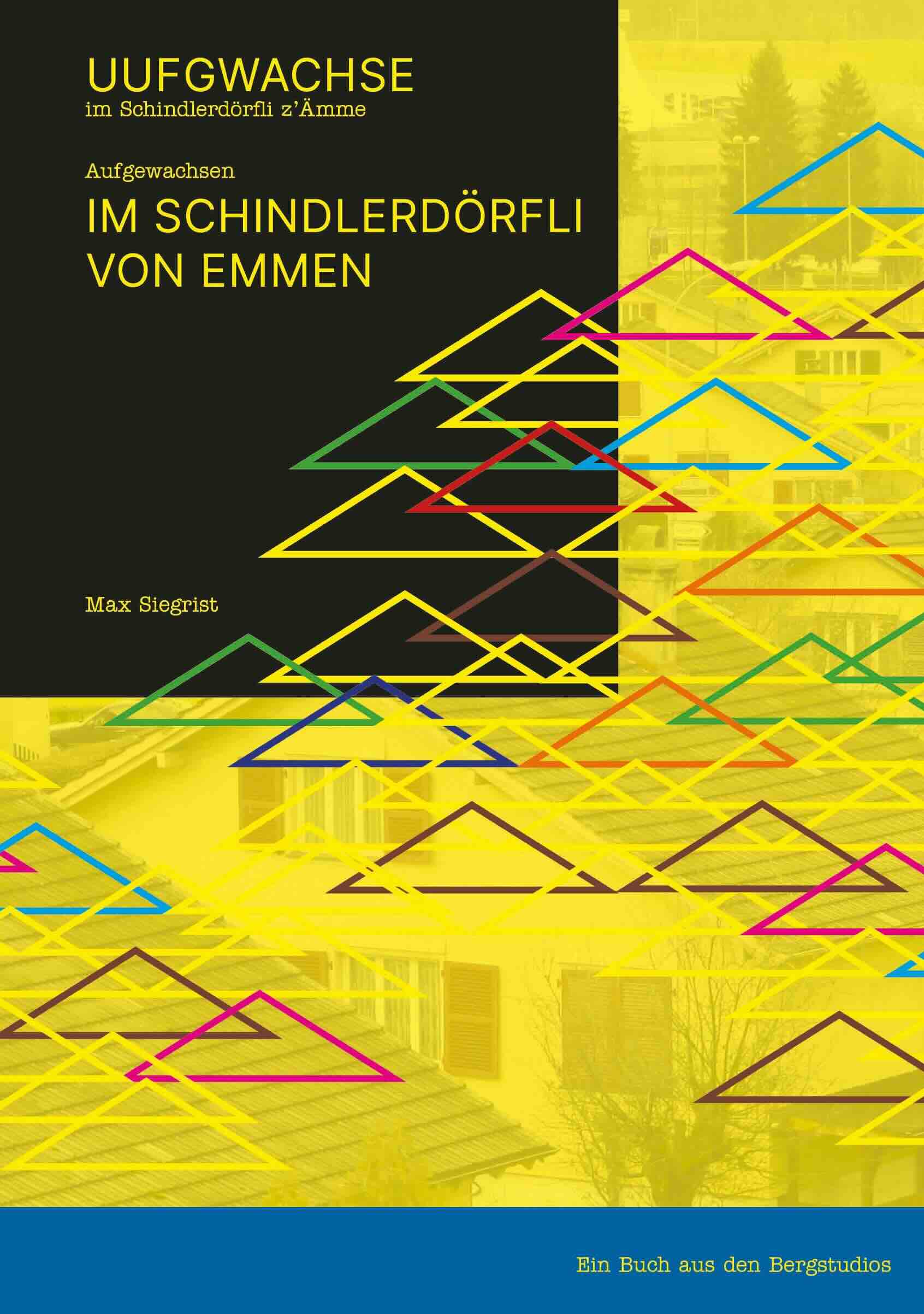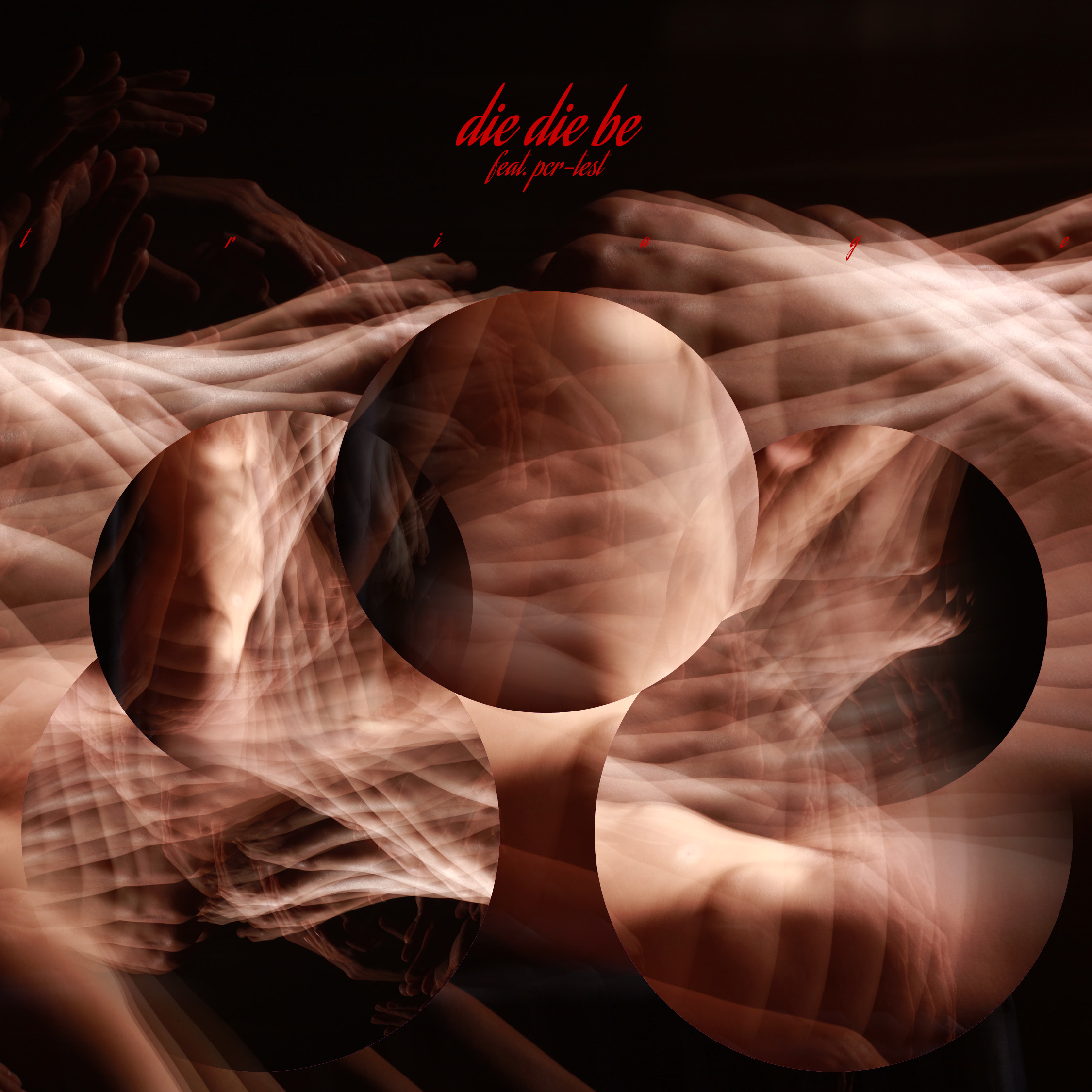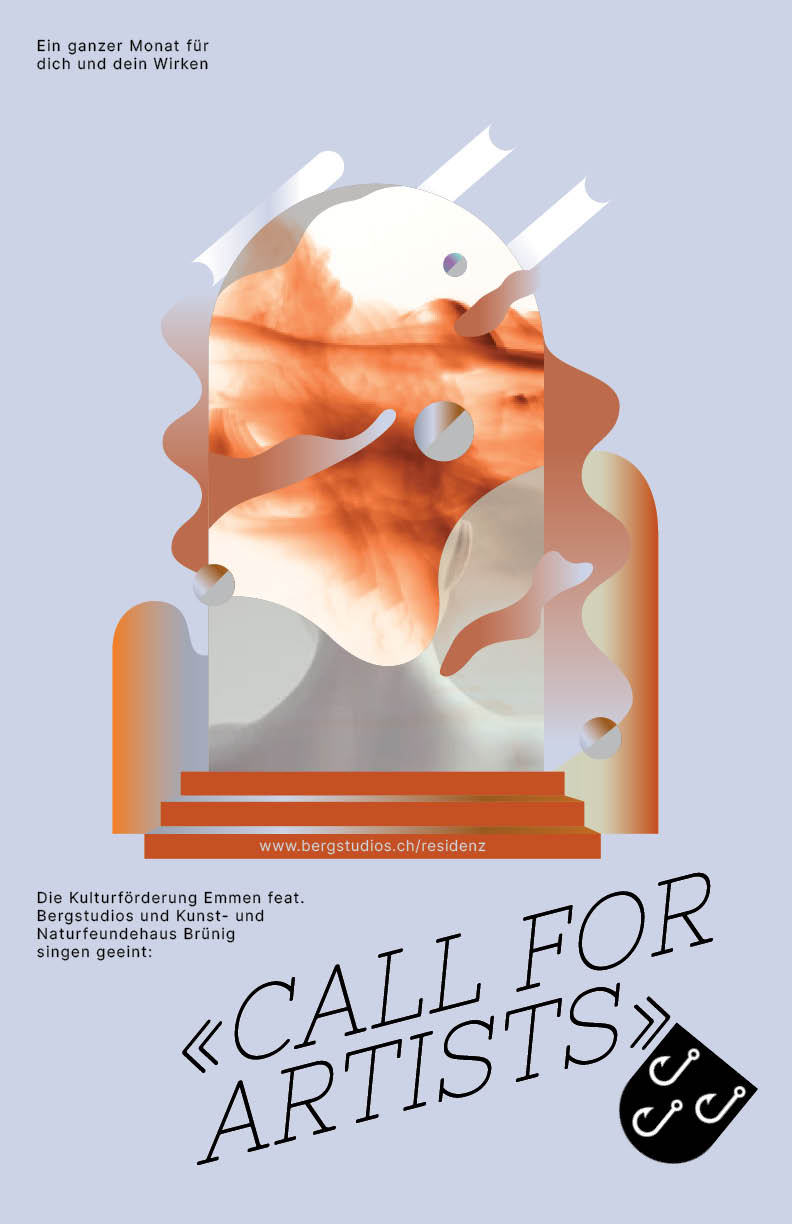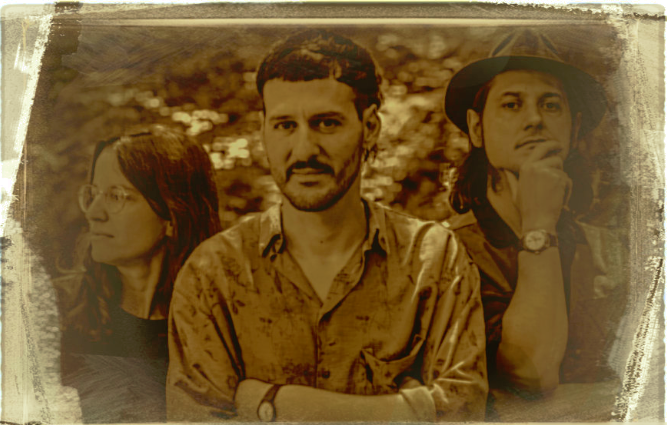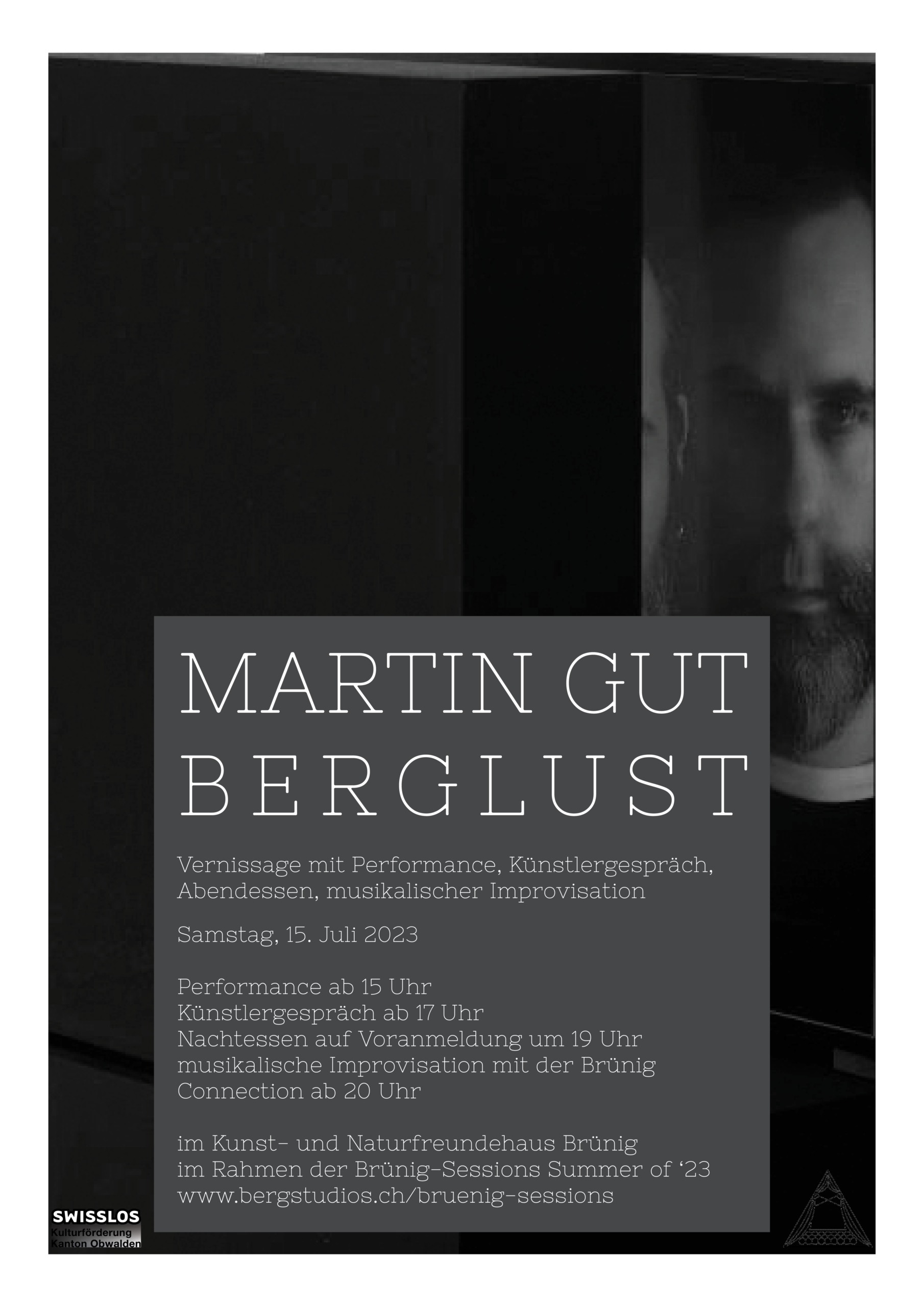News — 30′ read
the great reset – OWNED
News — 30′ read
the great reset – OWNED
The “great reset” is not a new idea. That is why we can build on experience. We found it – among many others – in Epicurus.
If we follow basic attitudes about life, the way Epicurus described to Menoikeus, then we are immune from any reset. We then have no reset button at all, because we rationally choose joy and these rational thoughts are every fiber of our body. The immune system starts with our thoughts. If we don’t question anything, we allow to be formed, shaped. Our belief systems are the beginning (see k18: www.diediebe.ch/kalender).
«Epicurus wishes his dear Menoikeus joy!
With philosophizing one should confidently begin already in the youth, but in the age also not tiredly let go of it. For no one is too young or too old to do something for his mental health, and whoever thinks that it is still too early or already too late for him to philosophize, could just as well claim that the right time for his happiness has not yet arrived or has already passed. So, the young as well as the old man must philosophize; the one, so that he remains young in the grateful enjoyment of the good, which the past gave him, and the other, so that he can look fearlessly into the future and thus is young and old at the same time. Of course, one must practice in time what gives happiness, because in it we possess everything, and whoever lacks it, makes every effort to acquire it. Therefore, do what I have constantly advised you to do and practice it, and be sure that it is the basic condition for a truly beautiful existence.
Above all, believe that the deity is an imperishable and blissful being – at least this is how our conception of it can be outlined in general terms – and do not attach to it anything that runs counter to its imperishability or that is in accordance with its blissfulness coupled with its imperishability. For gods exist, since we are obviously able to recognize them. Only they are not as the masses imagine them, for as they imagine the gods, so they are not, and not he is godless who eliminates the masses’ idea of gods, but he who attaches the masses’ views to the gods. What the masses say about the gods does not correspond to the correct knowledge of God, but to false assumptions. For this reason they regard as providence of the gods what evil befalls the bad or what promotes the good. They perceive as strange what is not like themselves and therefore only put up with gods who are like themselves.
/// Diebe note: In Albanian the address «Mister» is called “Zot” and vice versa and “Zot” is the god in the religions. This also applies to the woman, she is then logically the goddess. Dear Mrs. Müller then means dear goddess Müller. Thus there is no separation of man, woman and god. In other words: Gods, Goddess and God are in the Albanian language we ourselves or can be it. Since Albanian is an ancient language (it remained more conserved than other languages), we think we have found here an indication for our thesis that we do not need to equate Epicurus’ thoughts on the gods with our image of God. It confuses us here and we hardly understand anything. But if we imagine that he means a strong, superior power that can be exercised by people of our own kind, who then appear as powerful gods, then we understand more. Back to Epicurus: /// ///
Furthermore, get used to the thought that death is nothing for us. After all, everything good and everything bad is based only on sensation, but death is the abolition of sensation. Therefore, the knowledge that death is nothingness makes the transient life delicious for us. Of course, this knowledge does not abolish the temporal limit of our existence, but it takes away our desire to be immortal, because whoever has realized that there is nothing terrible about non-life, nothing can frighten him about life. But if someone says that he fears death not because it brings suffering when it is there, but because its imminence is already painful, he is a fool; for it is nonsense that something whose presence cannot worry us should nevertheless cause suffering, because and as long as it is only expected!
Thus, death, the most terrible of evils, is nothing for us: as long as we are there, it is not there, and when it is there, we are no more. Consequently, it affects neither the living nor the dead, for where those are, it is not, and these are no longer there at all.
Admittedly, the great masses avoid death as the greatest evil, but on the other hand long for it as a rest from the hardships of life. The wise man, on the other hand, neither rejects life nor is afraid of non-life, for life does not disgust him and he does not regard non-life as an evil. And just as with food he does not necessarily want to have as much as possible, but attaches more importance to good preparation, so also with life he is not concerned with its duration, but with the deliciousness of the harvest it brings him. But he who proclaims that the young man must have a beautiful life, but the old man needs a beautiful death, is silly, not only because life is always desired, but also because the practice of a beautiful life is synonymous with the preliminary practice for a beautiful death. Much less, however, is he who says this:
“It’s nice not to be born at all, …
If one is born to pass through the gate of Hades as quickly as possible.”
After all, if this is his true conviction, why does he not give up life? He is free to do so if he firmly resolves to do so. But if he only talks like this out of mockery, then he is considered a fool by those who do not like such talk.
We must never forget that the future is certainly not in our hands, but that it is also certainly not completely out of our power; so we will neither rely on what we expect to happen, nor will we despair as if it could not happen at all.
But we must also realize that of our desires, some are natural, others are null and void, and that of the natural ones, some are necessary, others only natural, and finally that of the necessary ones, some are required to attain happiness, others to preserve our health from disturbances, and still others to be able to live at all. In fact, with unswerving contemplation of desires, one learns to use every striving and every avoidance for the health of the body and for the preservation of peace of mind, since these two together constitute the blissful life. After all, we direct all our actions only towards not having to suffer pain and not having to feel fear. Once we have reached this state, however, all turmoil disappears from our soul, since the living being no longer has to adjust itself, as it were, to what it might still be lacking, and no longer needs to search for anything with which it would first have to make its physical and mental well-being perfect. For joy is required only when we painfully miss it; but if we do not feel this pain, then we no longer miss joy either.
That is why I maintain that joy is the be-all and end-all of a blissful life. We know it as our first innate good, we are guided by it in our striving and avoidance, and we judge ourselves by it, measuring all other good by its yardstick. And precisely because it is our very first, natural good, we do not strive for every pleasure, but sometimes pass over many if they only threaten us with greater discomfort. Yes, we sometimes even value many pains more highly than joy, namely when a longer period of pain is followed by a joy that is all the greater. Thus for us every joy, because it is something pleasant in itself, certainly means a good, but not every one is desirable, just as, conversely, every pain is certainly an evil, but therefore must not necessarily be avoided. Our task is always to evaluate everything correctly by weighing and distinguishing what is beneficial and what is detrimental, because sometimes we make use of the good as if it were an evil and vice versa.
We also consider self-sufficiency to be a great good, but not so that we can be satisfied with a little in all circumstances, but so that we can be satisfied with a little when we do not have much. In this, we are guided by the conviction that the one who enjoys a rich expenditure the most is the one who needs it the least, that everything natural is easy to obtain, but the senseless is difficult, and that finally the simple pleasures give as much pleasure as the greatest luxury, if only the feeling of pain of deprivation does not arise. What is meant by this is that even bread and water, if they were previously deprived of, can give a great pleasure. Besides, the accustoming to a simple, not luxurious way of life promotes health, enables man to perform undauntedly what life demands of him, makes us feel all the more strongly the richer pleasures which are offered to us now and then, and supports our fearlessness in the face of chance.
So when we say that joy is our goal in life, we don’t mean the joys of the gluttons who are concerned with enjoyment per se. That is what the ignorant or people who do not understand our teaching or maliciously misunderstand it mean. For us, enjoyment means: having no pain in the physical realm and feeling no restlessness in the mental realm. For it is not an endless series of drinking bouts and feasting, not the enjoyment of beautiful boys and women, nor the indulgence of delicious fish and whatever else a richly laden table can offer that creates a joyful life, but rather clear thinking alone, which gets to the bottom of all desire and all avoidance and dispels the delusion that shakes souls like a whirlwind.
At the beginning, however, stands reason, our greatest good. From it all the other virtues arise of their own accord, indeed it is even more valuable than philosophizing, because it teaches us that it is impossible to live in joy without leading a reasonable, morally high and just life, but that conversely it is also impossible to lead a reasonable, morally high and just life without living in joy. For the virtues are closely related to the joyful life, and this cannot be separated from them.
Who do you think are you able to place even higher than him,
who thinks piously of the gods, fearlessly faces death at all times, and has clearly recognized the goal of nature –
who has grasped that the highest good is easy to fulfill and easy to acquire, whereas the greatest evil either lasts only a short time or brings only short suffering –
who scorns necessity, considered by some as the all-powerful ruler – it would still be better to pay homage to the old faith in the gods than to submit to the “predestination” of the natural philosophers; the first at least still offers the prospect that the gods will listen to us if we worship them, while the latter is the inexorable necessity par excellence – who does not see in chance, as we do, the possibility that the gods will listen to us, while the latter is the inexorable necessity par excellence –
who does not see in chance, as the masses do, a deity – for a deity does not let anything happen indiscriminately –, but who also does not consider it an entirely uncertain starting point – for he does not believe that a good or evil for a blissful life is bestowed on men by chance alone, but that the beginnings from which great goods and great evils can arise can be accidental –,
and who, after all, prefers to be deceived by chance in the case of right deliberation than to be favored by it in the case of wrong deliberation – for it is better that in our actions the right decision leads to failure as a result of chance than if we decide wrongly and nevertheless success is brought about by chance -!
This then, and what is related to it, practice day and night, alone and with a companion, and you will never, either waking or sleeping, be troubled, but will live like a god among men. For in no way does a perishable creature resemble a man who lives in imperishable possessions.»
(From: Mewaldt, Johannes (1973). Epikur, Philosophie der Freude. Stuttgart: Alfred Kröner Verlag.)
Yes, it seems that the gods of our time have a lot of power. But they’ve probably always had it. That’s why they are considered as gods. But if we deal with these various gods, we quickly realize the same as Epicurus: that the gods are there, but their influence on our lives doesn’t need to be that noticeable. That makes them negligible.
Right now, their influence may be pressing harder on our lives than it used to, but if we stay focused and awake – as we all always want to be, in fact (joyful, reasonable) – we now have even more options than we used to. As Max Frisch is said to have put it, “A crisis is a productive state. You just have to take away the taint of a catastrophe.» (Frisch, sometime, somewhere, remembered.).
And this is the message we want to share with everyone. To the old, as Epicurus writes, so that they remain young in the grateful enjoyment of the good that the past gave them, and to the young, so that they can look fearlessly into the future and so that they all remain young and old at the same time.
To fearlessly look into the future is what at the moment only few people manage, let alone the young. Just as the young are responsible for the old to still exist, the old are responsible for giving the young the confidence they themselves have learned for to live their lives. If solidarity, then properly.
Epicurus wishes his dear Menoikeus joy! This is exactly what we wish you, too. Because consequently we all strive for it and if we got the happiness just a little bit out of sight, then we could practice to be able to call it up again, or we could practice not to lose it or to pass it on to our neighbors. That is why we Diebe make our calendar with thoughtful words, with music: diediebe.ch/k2021 / order yours by answering to this email.
We just changed the year and soon we’ll have physically warm and bright days. We lay our words beneath your heart. Think of the ones around you. And yes, we wish you joy and reason!
Get our News
We will process the personal data you have supplied in accordance with our privacy policy.




